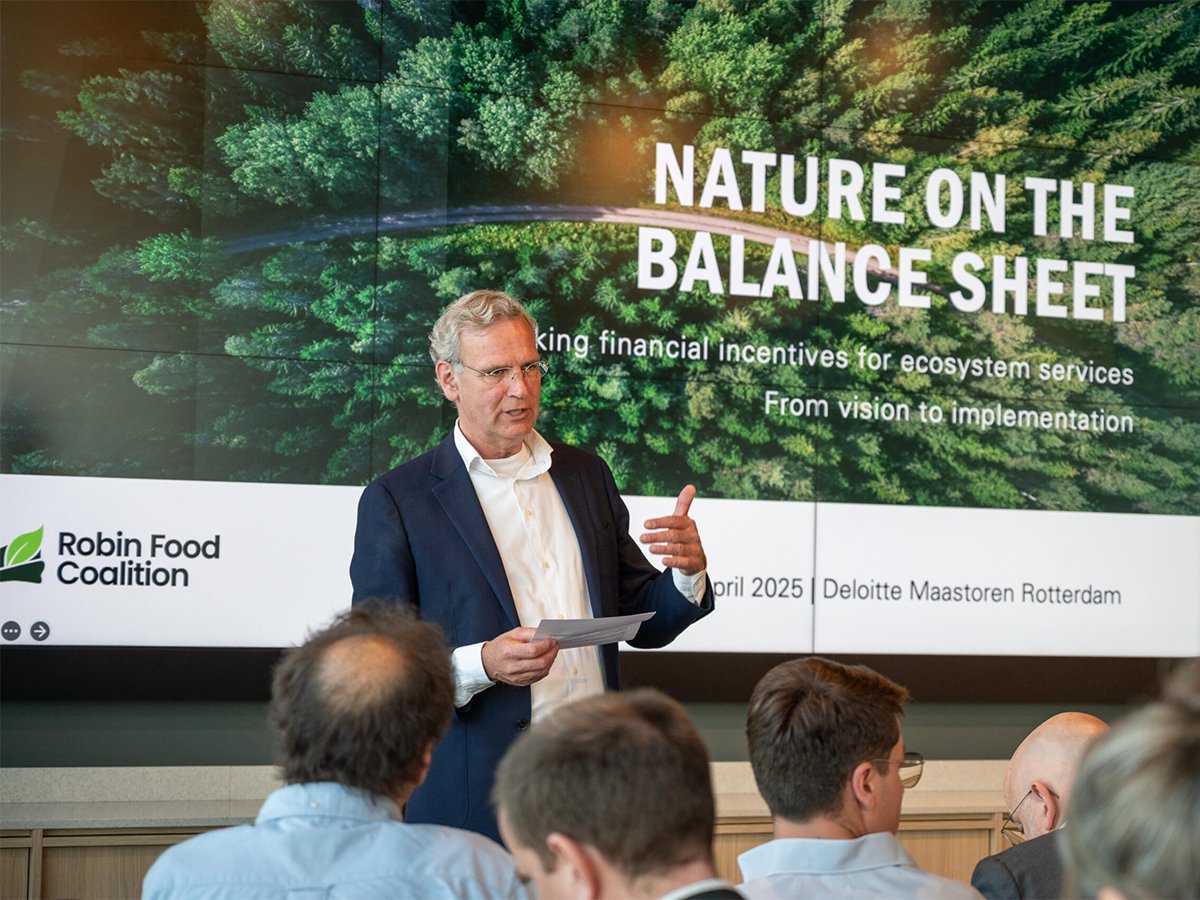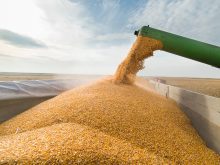SASKATOON — It is time for the world to redefine terms such as profit and gross domestic product, says an organic activist.
“Nobody gets up in the morning and says, ‘let’s warm up the climate, kill biodiversity and exploit a few kids in the Far East,’” said Volkert Engelsman, co-founder of the Robin Food Coalition.
“Yet that’s what we’re doing.”
Read Also

Europe holds promise for Canadian lentils
Pulse Canada is trying to help boost lentil consumption in Europe, which is already the fourth largest market.
It is being done in the pursuit of profit, which is why the definition needs to be broadened to include people and planet, he told delegates attending the Organic Summit 2025 conference.
Why it Matters: A European Union organic leader admires Canada’s prime minister.
Engelsman, who is from the Netherlands, said the world should take a cue from Canadian prime minister Mark Carney, “a guy we admire enormously in Europe.”
Carney spearheaded the Task Force on Climate-related Financial Disclosures, which created voluntary climate-related financial risk disclosures for companies.
“He’s the one who actually introduced climate and biodiversity stress tests, arguing that banks will have to climate stress test the balance sheets of big corporations,” said Engelsman.
He also heaped praise on former Finnish prime minister Sanna Marin, who guided her country based on a new definition of gross domestic product that included environmental, social and other values using the Organization for Economic and Cooperative Development’s better life index.
Engelsman said politicians such as Carney and Marin are creating “tailwinds” for a new way of measuring profitability, and so are non-governmnetal organizations such as Greenpeace and the Environmental Defense Fund, which are winning lawsuits against corporations and governments for not acting fast enough to address climate change.
He said there needs to be “coalitions of the willing” to bring about change.
One example in Europe is a coalition of water companies, soft drink companies, brewers and others that pump water.
They are trying to prevent water systems from being polluted by nitrogen fertilizers and pesticides because they realize prevention is cheaper than the cure.
They are rewarding organic farmers through ecosystem service contracts for helping to keep water catchment areas from being polluted.
The coalition is using remote sensing technology, satellite observations and artificial intelligence to meet reporting requirements rather than cumbersome and time-consuming forms.
“This is complicated stuff, but it actually means organic will potentially be cheaper than conventional,” said Engelsman.
He said the days of organic farmers simply waving their certificates around are over. Growers need to explain the benefits of organic production to consumers.
The Robin Food Coalition has undertaken many campaigns aimed at educating consumers.
It convinced one European grocery store chain to publish the true cost of a package of conventional ground beef next to the retail price.
The true cost, which was triple the retail price, included compensation for soil fertility losses, water pollution and biodiversity losses associated with intensive agriculture.
“That gave the organic (beef) market share an enormous boost,” said Engelsman.
In another campaign, it had students take conventional grapes out of the produce section and replace them with toilet bowl cleaners. When they were asked why, the students said thta poison belongs with poison.
“It raised a lot of attention, and it hit the newspapers big time,” he said.
“But supermarkets were not very happy with us.”
Engelsman said some of the campaigns were illegal, and those were the ones that were most effective.
He said urgent action is needed when the United Nation’s Food and Agriculture Organization is reporting that the world is losing 30 million acres of fertile soil per year, or 30 soccer fields per minute.
He scoffed at the notion that Bayer claims to be regenerative because applying glyphosate eliminates the need for cultivation, leading to increased carbon dioxide sequestration.
“But they are highlighting just one silo of sustainability, completely ignoring the fact that it pollutes water, kills biodiversity and creates a whole lot of havoc elsewhere,” said Engelsman.
















